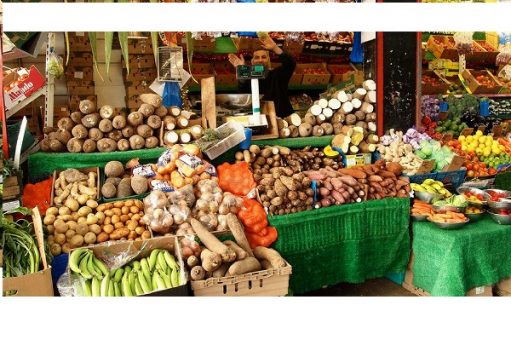Federal Ministry of Agriculture and Food Security has unveiled a strategy to reshape wholesale markets and bolster food distribution network.
This Strategic Plan for Development of Modern Wholesale Markets to Feed Cities and Structure Food Value Chain is a pivotal report to enhance food security and fuel sustainable economic growth.
Speaking at the launch in Abuja, Minister of State for Agriculture and Food Security, Aliyu Abdullahi, noted its potential to address Nigeria’s most pressing challenges.
Key objectives include reducing post-harvest losses, minimising logistical costs, and alleviating traffic congestion in major urban centres.
“With this plan, we are taking steps to secure and enhance food security, safety, and quality in Nigeria.
“Our vision is to uplift farmers by increasing their income while creating thousands of new jobs across the agricultural value chain,” he added.
The plan, he said, integrates informal and formal market structures to streamline connections between rural and urban markets, as well as linking production hubs in Kano, Ibadan, and Owerri.
The plan, he said, integrates informal and formal market structures to streamline connections between rural and urban markets, as well as linking production hubs in Kano, Ibadan, and Owerri.
Abdullahi noted Nigeria is poised for a transformation in fresh produce distribution to urban centres, drawing inspiration from Rungis International Market in France.
Abdullahi hailed the proposal, stressing that alignment with President Bola Tinubu’s vision of local government autonomy was essential to empowering rural markets.
National Coordinator of Rural Access and Agricultural Marketing Project, Aminu Mohammed, noted the report’s key findings, analysis of food distribution networks, review of governance models, market development strategies, and a roadmap for setting up modern agricultural markets.

